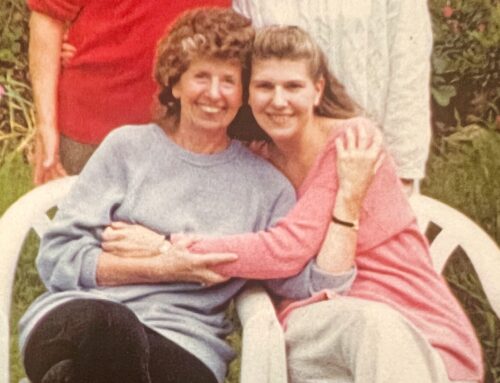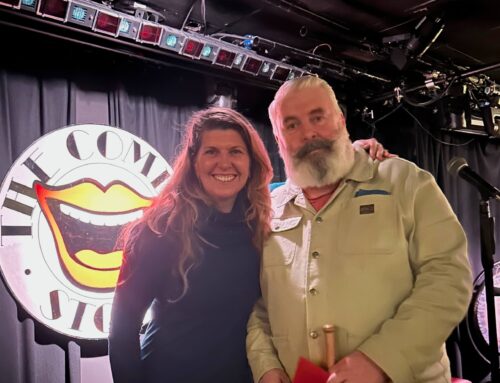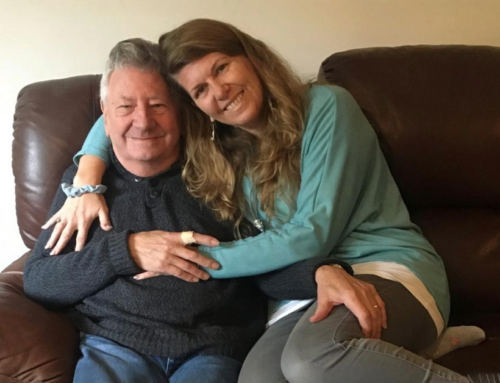Kate was in a rage. She had committed to investing a lot of time and money into a 5 month long international course so that she could further her career. She had negotiated the price and just as she was about to book it, she noticed some small print on the booking form that meant she would have to pay considerably more to change one of the course dates, despite already having discussed this change with the course provider.

She stormed off under a cloud of irritation.
A few days later, she called me and was in a very different space indeed. I couldn’t believe the difference in her voice as she enthused about the course and asked what had happened to turn her around so significantly.
“You know how angry I was the other day? Well, I called them!” she said triumphantly. I was curious.
She continued: “All I wanted to do was tell them how wrong they were and how duped I felt. But that morning, having barely slept, I realised I was totally at War and that wouldn’t get me anywhere. After the War to Peace workshop, I remembered the online resources that were available to graduates in the community area of the website, so I looked for some inspiration and read this really great article called “Tell me more” by Brenda Ueland. It was brilliant and reminded me that I didn’t want to revert to my old ways of holding on to ‘being right’ (even though I clearly was).
So, instead of letting fly with my anger and outlining why I was right and they were wrong, I asked the woman to share with me how we’d ended up in this situation and then listened. Every time I felt the urge to interrupt, I listened some more. By the time she’d finished, not only was was I ready to sign up (she had such valid reasons for what she’d told me and why things had changed over night), she decided to fight my case for me with her supervisor! I was so surprised at how simply listening had not only helped me to understand her point of view but also seemed to give her the time and space to do the right thing.”
Kate went on to say that, before the phone call, she had invented the reasons why the woman was being so ‘unhelpful’ and her opinion of the whole company was unsavoury. She had let the rage eat away at her and it had even cost her a night’s sleep. “I’d got myself into such a state that in the end, I felt I couldn’t win whether I signed up or not. But by listening to what she had to say and genuinely seeking to understand her position, I found out that she was trying to implement a company policy that she fundamentally disagreed with herself. The poor woman had been trying to do the right thing by me and she’d nearly been on the receiving end of my rage for her troubles! Really listening enabled me to quench my anger completely as well as giving her a better chance to help me. We both won in the end – not only did they waive the fees, they now have a customer who cannot speak highly enough of them. Even though I might have got the fees waived by bulldozing them into submission, I wouldn’t have felt like I’d won and it would have really affected my experience of the course and anyone associated with the company.”
When we are at War with someone, we spend a great deal of time listening to our inner voice and its version of events. We typically then spend time complaining to our friends, colleagues and family, who quickly become our allies and deepen our sense of ‘rightness’. And if they dare to disagree – we often turn on them too! Whilst it takes practice to truly listen and seek to understand the people we are at War with, we not only gain our inner peace, it invariably leads the way to mutual understanding and much healthier relationships.
Over to you
Who are you listening to more, your own conclusions and decisions about the person you’re at War with, or the person themselves?
What is the cost to you of not listening properly?
Do you know someone who could benefit from War to Peace?
If you know someone who could benefit from strengthening their ability to listen, our next open-access War to Peace workshop is on 17 October is full but they can join the wait list here. We are now taking bookings for our first public workshop of 2015 (Friday 20th March). To book a space, click here. Don’t miss out – we’ve sold out long in advance during past 18 months!
P.S. Pass it on!
Found this useful? Then please share this article using the icons below and do leave us a comment.
Who do you listen to most when you’re in a conflict?
Please leave your name and email address at the top or bottom of this page to receive more articles like this.
©Halcyon Global 2014







Leave A Comment